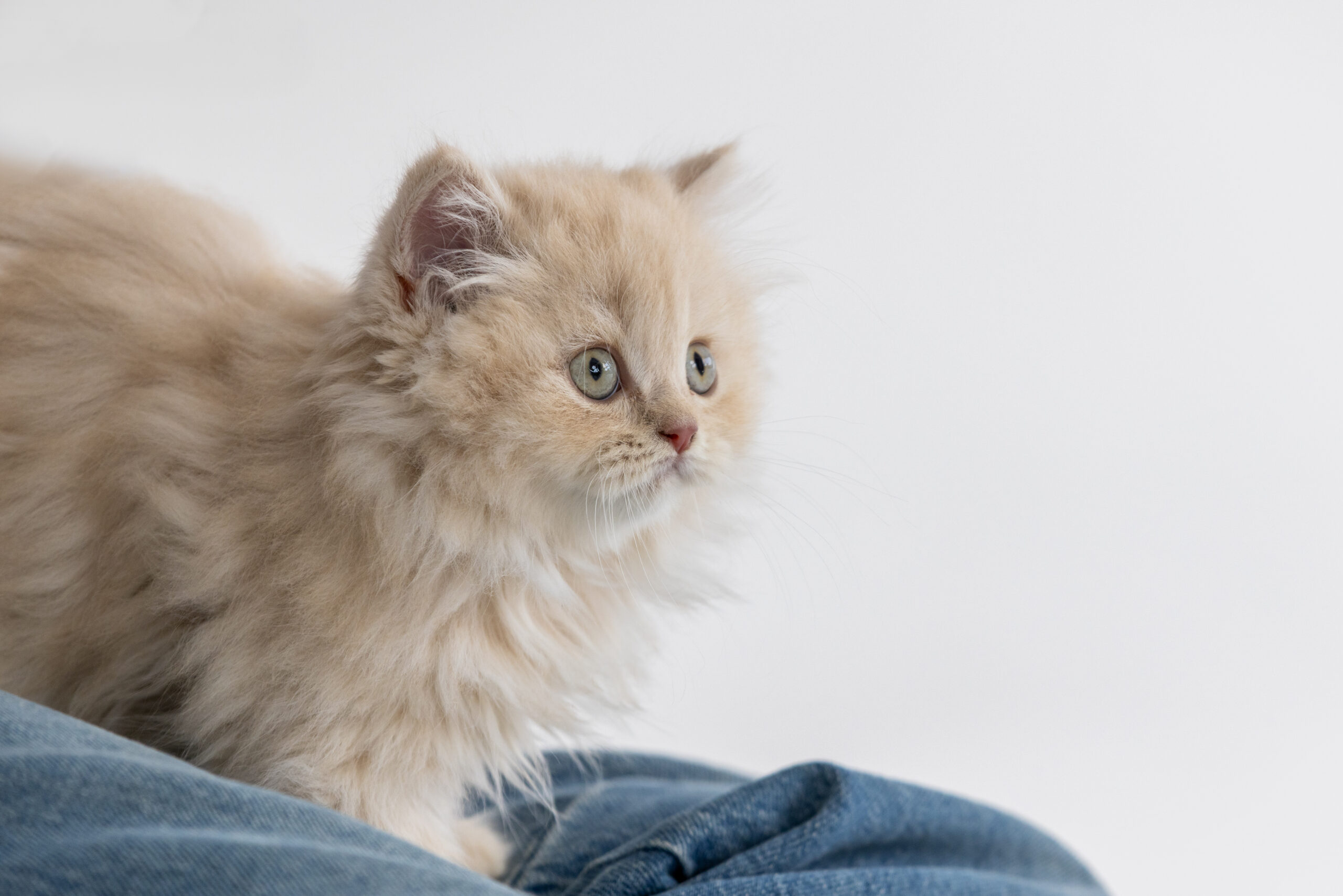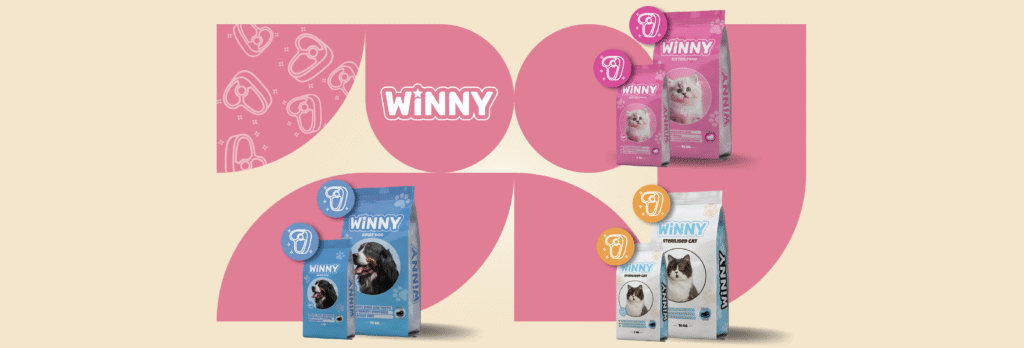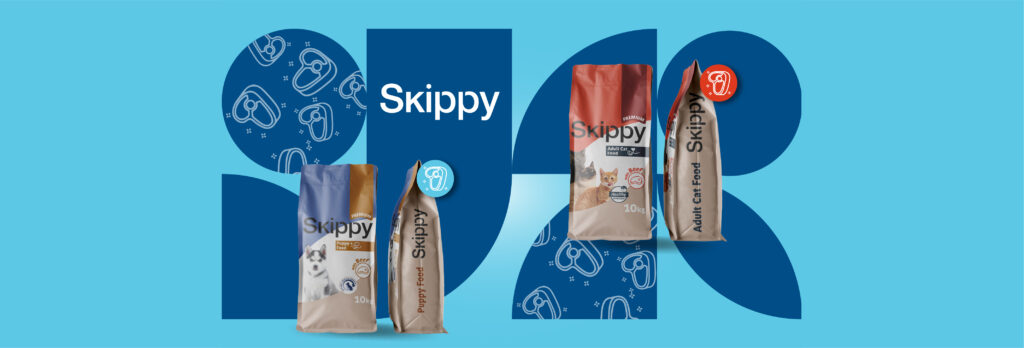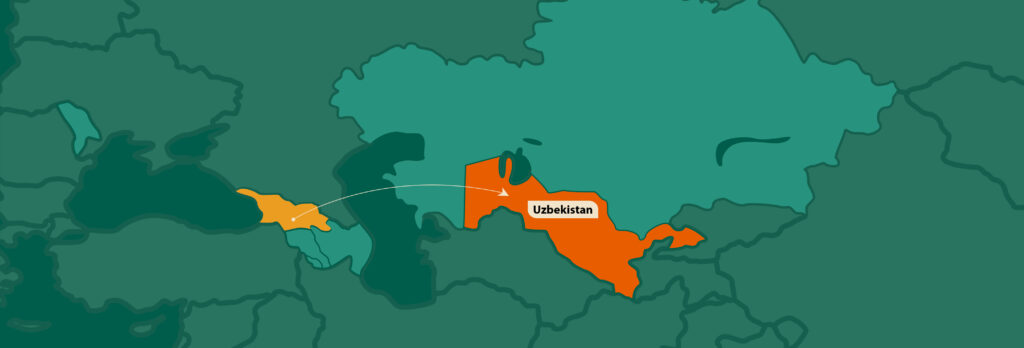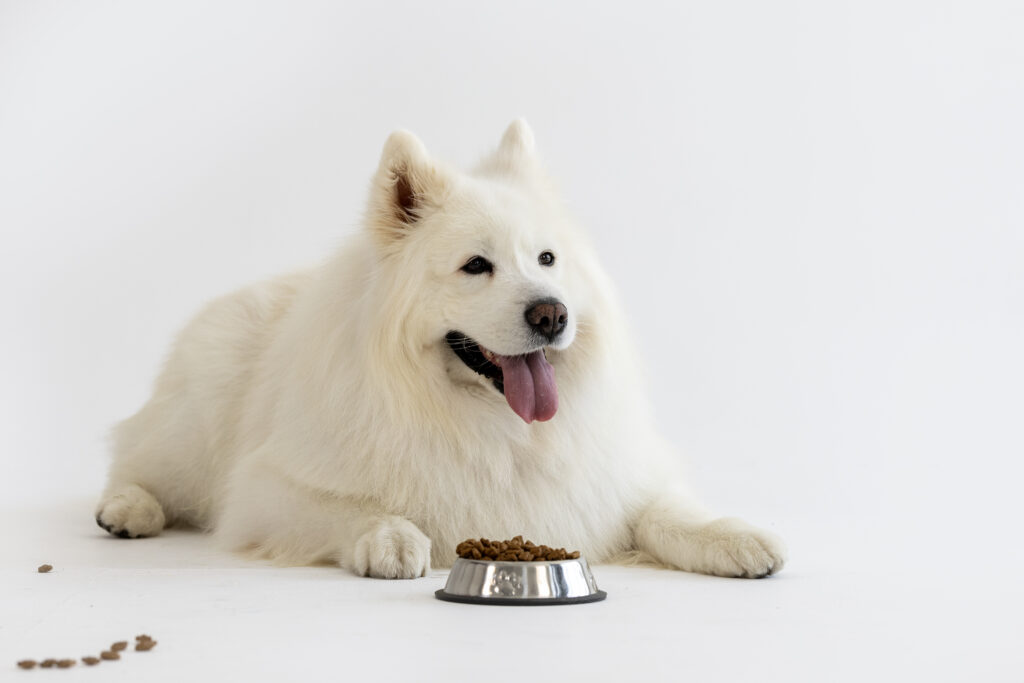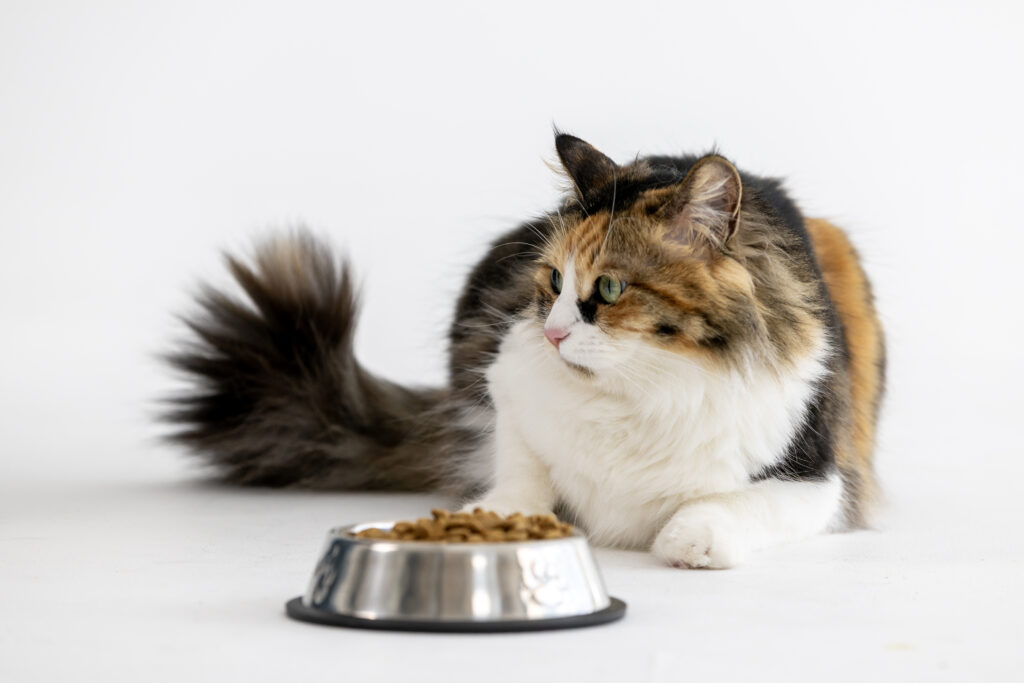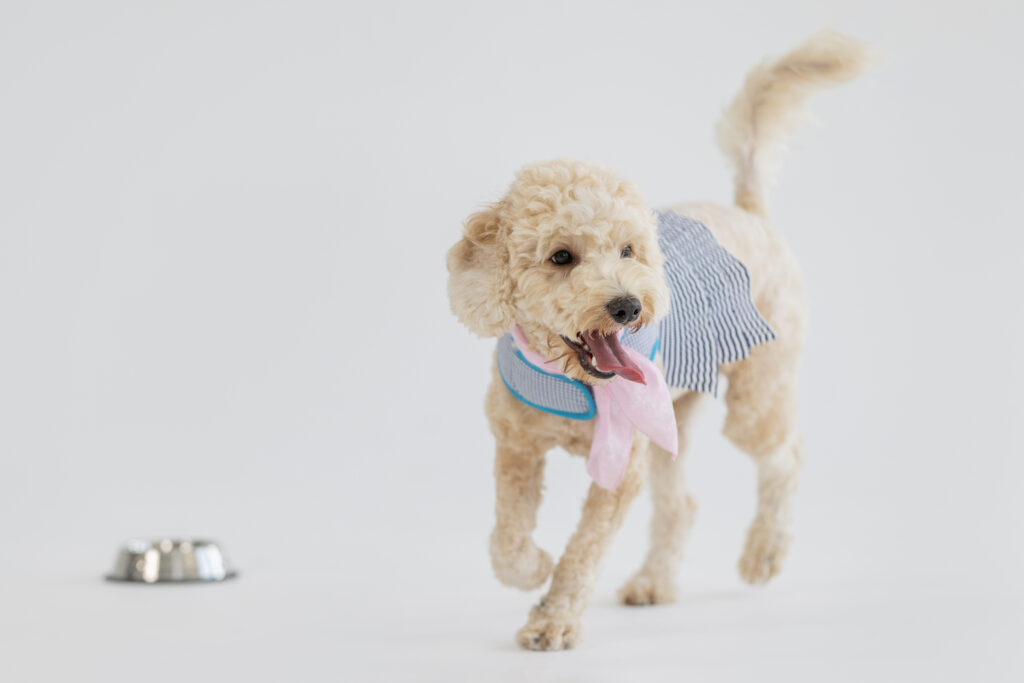If you want your four-legged friend to grow into a healthy adult cat, providing proper nutrition is crucial. However, this process requires thoughtful attention to their nutritional needs at each stage of development.
Since kittens have significantly different nutritional needs than adult cats, they should be fed specially formulated, high-quality food. A balanced diet is key to ensuring proper growth and development for kittens. By adhering to age-appropriate guidelines and avoiding common feeding mistakes, you can give your kitten the best start in life.
Let’s dive deeper and explore how you can provide the best nutrition for your kitten’s growth and development.
Kitten’s Nutritional Needs
Unlike adult cats, kittens need a diet rich in protein, fat, and vitamins to support their active lifestyle and promote proper growth and development.
Protein is the building block of tissue. In the early stages of development, kitten food should contain a large amount of protein to meet their energy needs. For this reason, it is advisable to give preference to food that lists high-quality protein (beef, chicken, turkey, or fish) as the main ingredient. Food selected based on this guideline will play a significant role in the development of muscles, bones, and teeth.
Calcium and phosphorus are further essentials for strong bones and teeth. However, to prevent musculoskeletal disorders, it’s important to maintain the right balance of these elements. Don’t forget the significance of providing the proper amount of taurine, omega fatty acids, and essential vitamins as well.
Avoid foods with artificial additives, as preservatives and dyes can lead to allergies or, over time, negatively impact your cat’s quality of life. Low-quality fillers and by-products, such as corn, wheat, and soy, have low nutritional value and, if consumed in large amounts, can cause digestive issues.
Feeding Newborn Kittens
After birth, kittens are typically fed by their mother for the first 4-6 weeks. The nutrients found in natural nutrition are fully sufficient to meet the kitten’s nutritional needs. In addition to essential nutrients, mother’s milk also contains antibodies that help strengthen the immune system.
If, for any reason, the kitten cannot receive mother’s milk, it’s recommended to use a high-quality cat milk replacer powder. A syringe, pipette, or small nipple can make the feeding process easier.
For the first two weeks, feed your little one approximately 2-6 ml per feeding. During this stage, the interval between feedings should not exceed 2 hours. After 2 weeks, increase the feeding frequency to every 3-4 hours, offering 45 ml of milk for every 100 grams of weight throughout the day and night. To prevent aspiration, ensure that the kitten is lying on its stomach while feeding.
Transitioning to Solid Food
Kittens begin transitioning to solid food at around 4-6 weeks of age. At this stage, it’s best to feed them high-quality dry food specifically formulated for kittens. Portion sizes may vary depending on the brand, but typically, a kitten needs about 1/2 cup of food per meal, 3-4 times a day.
Ensure your kitten has constant access to high-quality food and clean water. Change the water every 2 hours, and remember, cold water is not recommended for your feline friend. In addition to a balanced diet and constant water access, monitor your kitten’s weight to ensure steady growth, and watch for any digestive issues like diarrhea or constipation.
At around 12 months of age, your kitten should be gradually transitioned to high-quality adult cat food. To prevent digestive issues, introduce new foods slowly over 7-10 days.
Tips to Consider When Feeding a Kitten
- Avoid feeding your kitten cow or goat milk. Milk from other animals lacks the essential nutrients your kitten needs.
- Never offer your kitten chocolate, raw eggs, or bones, as these can cause serious health issues.
- Do not share your puppy’s food with your kitten. Even if it’s a high-quality, balanced formula, puppy food won’t meet your kitten’s specific nutritional needs.
- Keep in mind that balance is crucial. Overfeeding can lead to obesity, while underfeeding can hinder growth.
- To prevent dehydration, make sure your kitten has constant access to clean water.
- Always feed your kitten at the same time. This will help you notice changes in appetite (changes in appetite often indicate a worsening of health condition).
- If you have multiple kittens in the house, it’s a good idea for each to have their own bowl. This way, your furry friends can eat peacefully, and you’ll be able to easily monitor that each one gets the portion intended for them.
